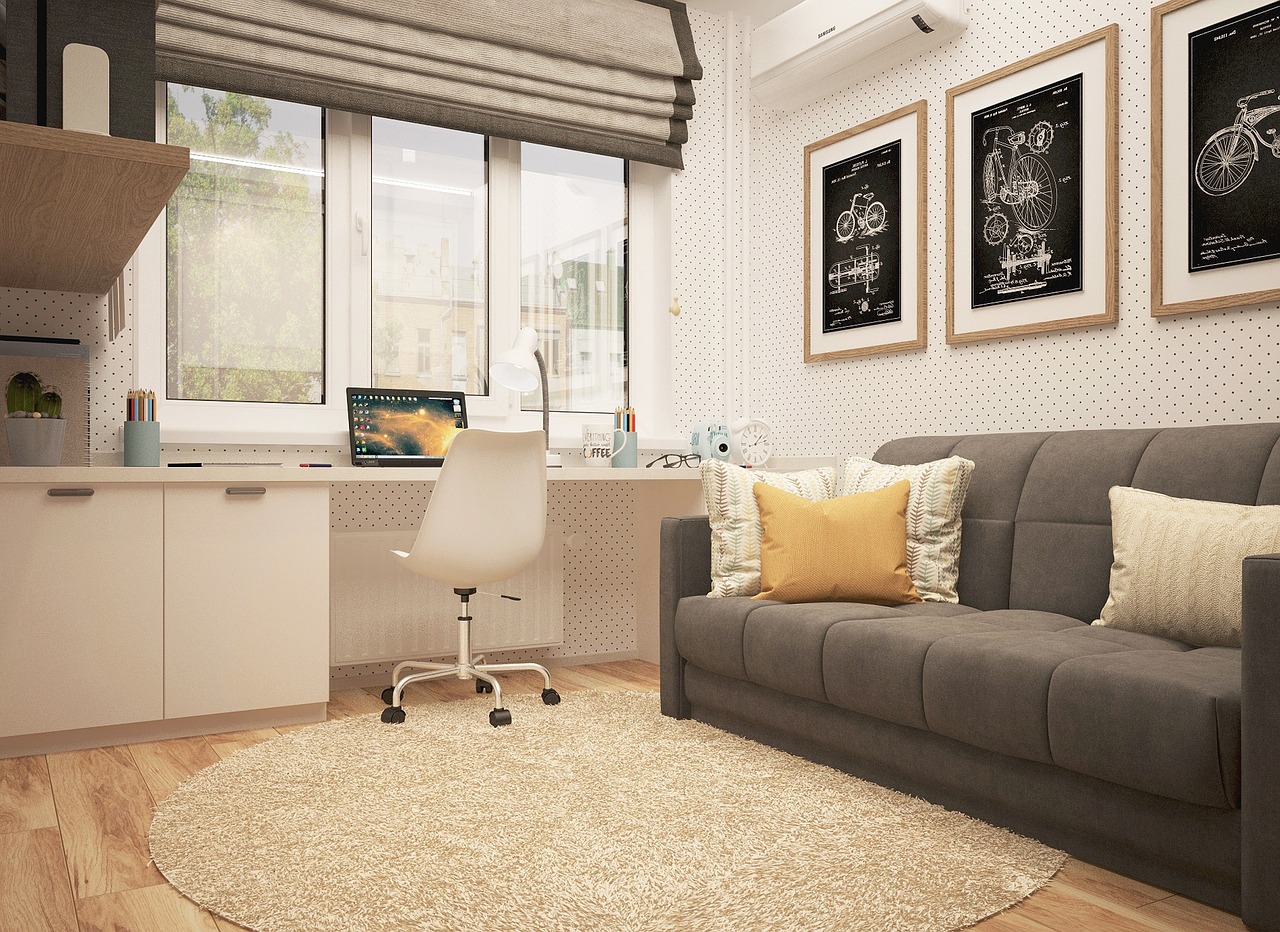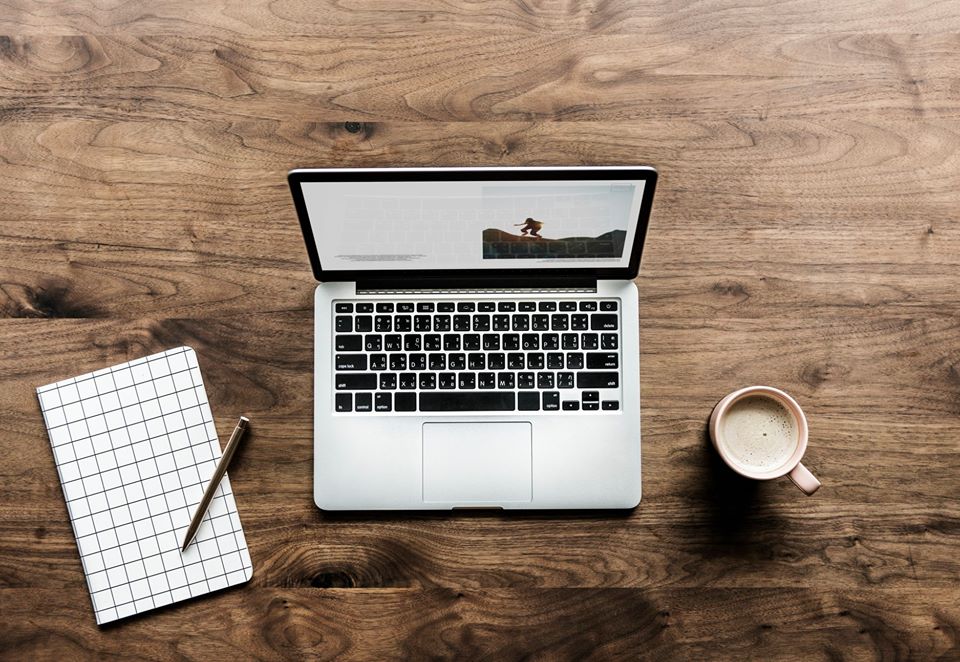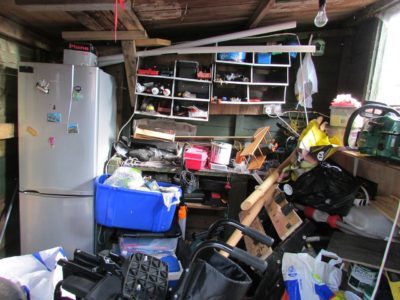 An effective way to save money with a minimalist mindset is to focus on experiences instead of material things. Of course, you don’t need to forgo all your possessions and live a life of austerity. It’s just about making mindful decisions to spend your money on experiences that will bring you lasting joy instead of things that will quickly lose their appeal.
An effective way to save money with a minimalist mindset is to focus on experiences instead of material things. Of course, you don’t need to forgo all your possessions and live a life of austerity. It’s just about making mindful decisions to spend your money on experiences that will bring you lasting joy instead of things that will quickly lose their appeal.
But there are numerous ways to save money with a minimal mindset. Here are a few:
- Start with your wardrobe — Most of us have clothes we never wear. Go through your clothes and remove anything you haven’t worn in the last year. Donate these items to a local charity.
- Cut back on eating out — It’s easy to spend $50 or more when you go out to eat. Instead, cook at home more often. You’ll save money and likely eat healthier as well.
- Cancel unused subscriptions — If you have magazine or newspaper subscriptions, you no longer read, cancel them. The same goes for any streaming services or memberships you’re not using.
- Give back to your community — Volunteer your time or donate money to a worthy cause. It feels good to help others. You’ll also save money by avoiding costly nights and accumulating more material possessions.
- Get rid of your car — This one may not be possible for everyone, but if you get rid of your vehicle, you will save on insurance, gas, and maintenance costs.
- Use coupons and shop sales — Look for coupons and deals when you need to buy something and only shop when you’ve planned.
- Reduce your energy consumption — This could mean turning off lights when you leave a room, turning down the heat, or investing in energy-efficient appliances.
- Live in a smaller home — If you own a home, consider downsizing to a smaller one to reduce your mortgage or rent payments and save on energy costs.
- Make time for the things you love — If you’re passionate about something, find ways to incorporate it into your life without spending a lot of money. For example, look for free trails near you instead of a gym membership if you love hiking.
- Spend time with loved ones — One of the most precious things in life is time, so make sure to spend it wisely. Instead of buying them material gifts, spend time with them instead. Go on a walk, have a picnic in the park, or stay in and chat. These are the moments they’ll remember and cherish, not the things you bought them.
- Get rid of your debt — This is an obvious way to save money. Pay it off as quickly as possible if you have high-interest debt, such as credit card debt. I got rid of my credit cards a couple of years ago. It has saved me an enormous amount of money! Now, I have to think twice about spending, as I can only spend what I already have, not my future earnings.
- Invest in yourself — This could include taking courses to improve your career prospects or investing in a side hustle, but it can also be about experiences. For example, take a cooking class, learn a new language, or pick up a new hobby.
- Automate your finances — Set up automatic payments for your bills and savings to let go of a bit of mental clutter and make it less likely to miss a payment or forget to save.
- Make a budget – Review your expenses, make a budget, and stick to it. Budgets keep you on track with your spending and saving goals.
- Save for retirement — If you don’t have a retirement savings account, start one as soon as possible. It will add up over time, even if you can only save a little each month.
- Invest in memories, not things — Instead of buying new car or designer clothes, put that money towards a once-in-a-lifetime trip or an unforgettable experience. You’ll be much happier looking back on memories than material possessions.
By focusing on experiences instead of things, you can save money, declutter your life, and live a more fulfilling existence. So next time you’re tempted to spend money on something that will quickly lose its appeal, consider investing in an experience instead.


 There are many ways to live a minimalist lifestyle. Some people choose to live with less stuff, while others focus on simplifying their daily routines. Regardless of your approach, there are several key habits that all minimalists should adopt to simplify their lives.
There are many ways to live a minimalist lifestyle. Some people choose to live with less stuff, while others focus on simplifying their daily routines. Regardless of your approach, there are several key habits that all minimalists should adopt to simplify their lives.


 Additionally, minimalism can help you appreciate your things and find contentment in a less materialistic way of life. Many people think having more stuff will make them happier, but this is often not the case.
Additionally, minimalism can help you appreciate your things and find contentment in a less materialistic way of life. Many people think having more stuff will make them happier, but this is often not the case.
